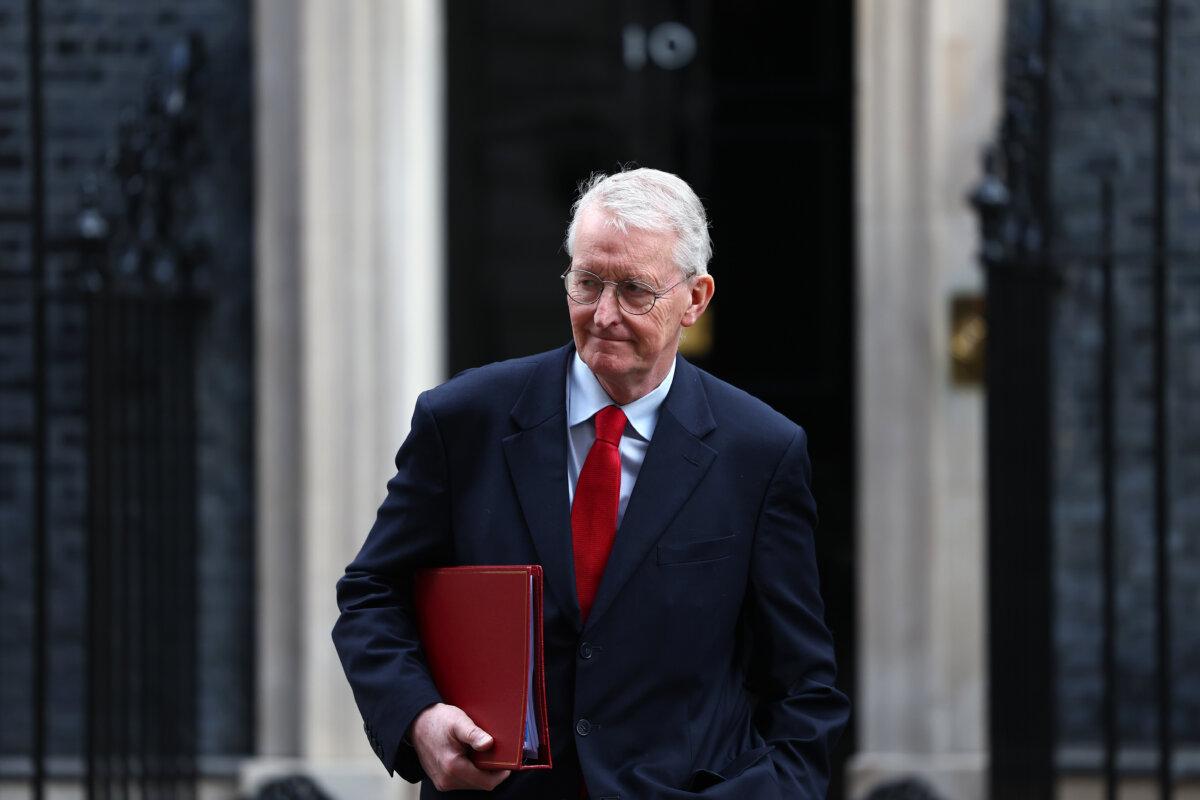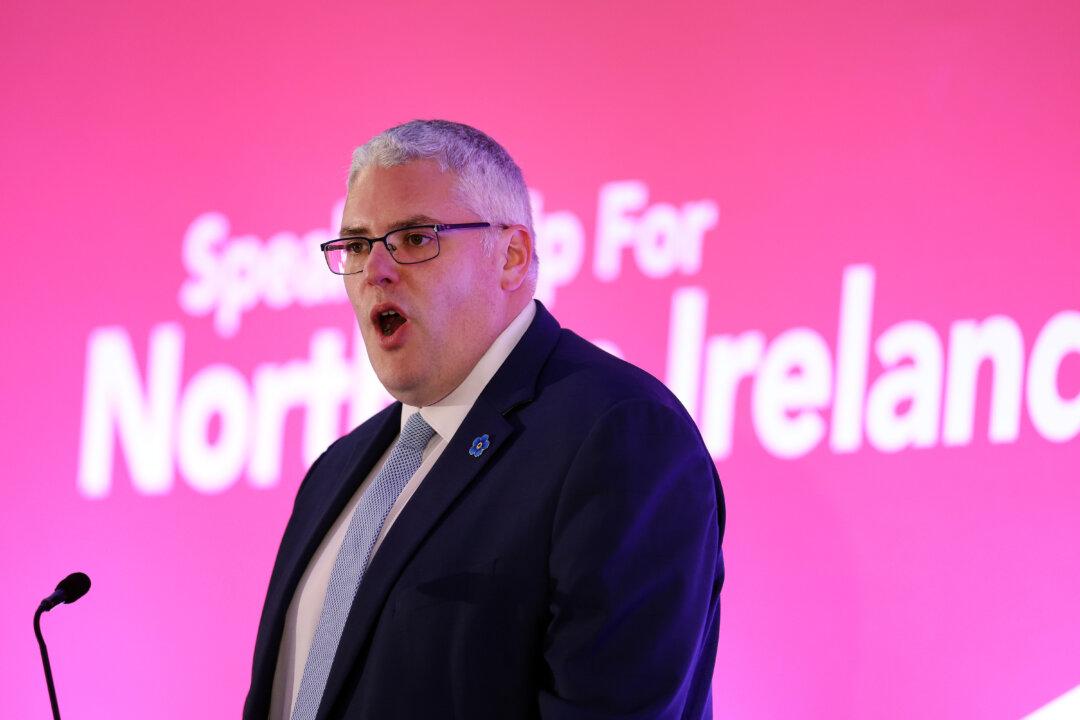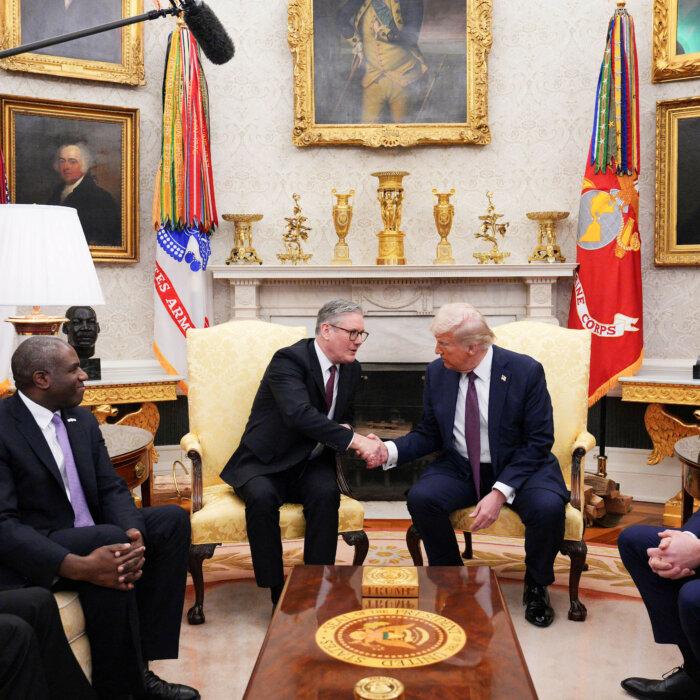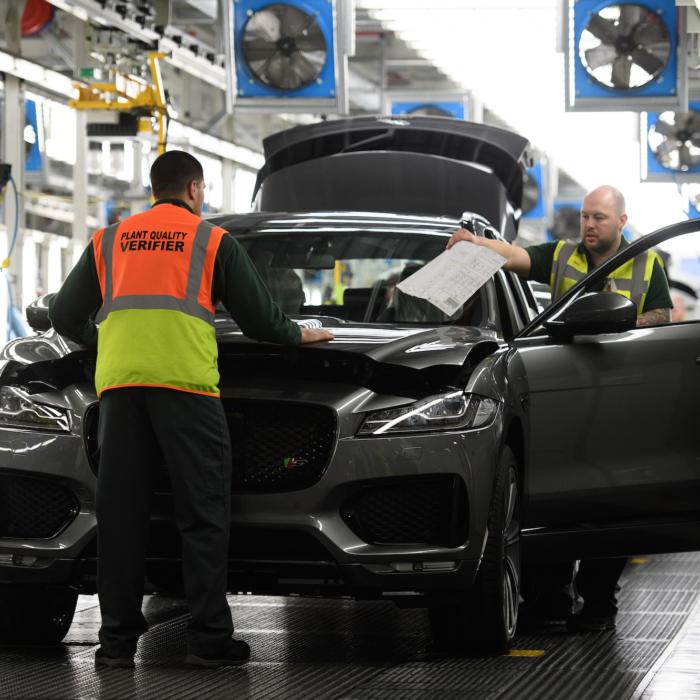Northern Ireland’s hybrid post-Brexit trade status could place it in a complex position if the United States imposes new tariffs on both the UK and the EU—and if Brussels responds with retaliatory measures.
On April 2, U.S. President Donald Trump is expected to announce reciprocal tariffs on most of Washington’s trade partners, a plan that raises tariffs on foreign goods to match what other countries impose on U.S. exports.
This follows a round of tariffs in March on steel and aluminium imports, as well as vehicles and auto parts, affecting both the UK and the European Union.
If the EU reciprocates, those levies would apply to American imports entering Northern Ireland, but not to goods entering the rest of the UK, unless the UK itself chooses to mirror EU measures.
This could lead to a scenario where U.S. goods are more expensive in Northern Ireland than elsewhere in the UK.
Northern Ireland a ‘Serious Issue’
In a Commons exchange on Wednesday, MPs urged Prime Minister Sir Keir Starmer to take steps to exempt Northern Ireland from EU retaliatory action against the United States.DUP leader Gavin Robinson said that prioritising the UK’s national interest should account for the interests of Northern Ireland, which he added were “no longer solely” in Starmer’s control.
“Exports from Northern Ireland are UK exports, rightly so, yet imports to Northern Ireland could lay at the consequence of EU retaliatory action in keeping all of his options open,” Robinson told Starmer.
In response, the Labour leader said that Northern Ireland was “at the forefront of discussions,” adding that Business Secretary Jonathan Reynolds spoke to the Northern Ireland Executive, the devolved government in Belfast, on Wednesday morning about this “serious issue.”
Starmer told MPs that Belfast would benefit from the government’s “calm and pragmatic” approach in relation to tariffs.
Tariff Reimbursement Scheme
Northern Ireland importers can apply for a tariff rebate under a mechanism that allows reimbursement, provided the goods remain within Northern Ireland and are not moved into the EU.During a Commons exchange on Wednesday, Northern Ireland Secretary Hilary Benn warned of potential challenges “in respect to Northern Ireland” if the EU introduces countermeasures in response to U.S. tariffs.

Benn told MPs that any U.S. tariffs would be “felt equally” across the UK. However, if the EU imposes retaliatory tariffs, businesses in Northern Ireland may be required to prove that goods imported from the United States are not leaving the UK in order to qualify for reimbursement.
Former DUP leader Nigel Dodds has criticised the scheme, noting that businesses have struggled with it and that very few companies have successfully navigated the process.
‘Really Important’ Deal
Benn has urged caution against “snap decisions” as the UK continues efforts to negotiate an economic agreement with Washington.Starmer echoed the urgency, calling a U.S.-UK economic deal “really important at this moment,” while warning against “knee-jerk reactions.”
Meanwhile, some nations have moved preemptively to secure favourable terms.
Vietnam is one of the so-called “Dirty 15” of countries with which the United States runs its largest trade deficits. Other nations include China, Mexico, Germany—and by extension the EU—Japan, South Korea, and Taiwan.
Economists anticipate average U.S. tariffs on Chinese imports to rise to 60 percent, with other countries likely facing an additional 10 percent increase on current rates.







